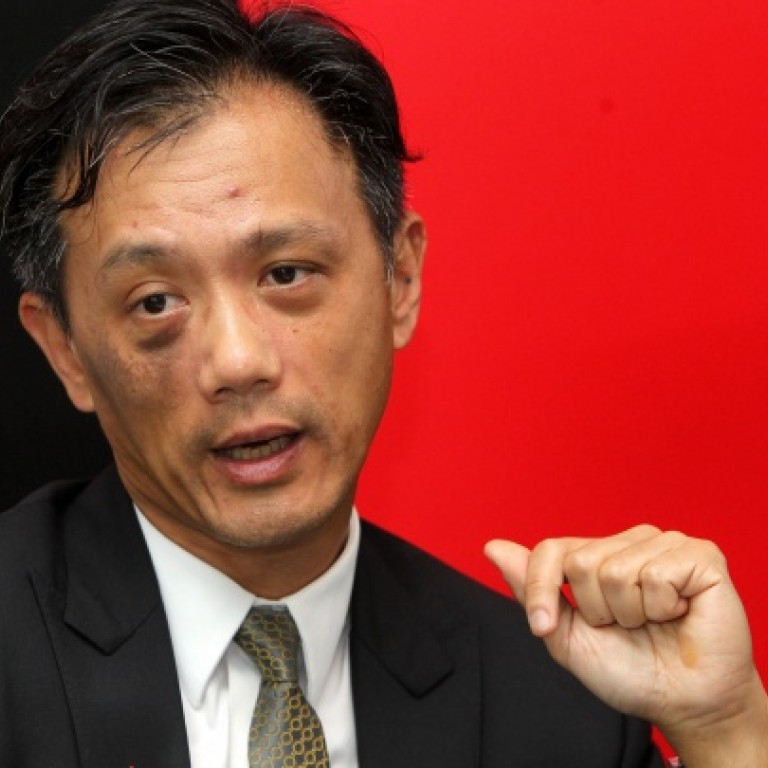
DBS expects yuan funds to swell in Singapore
Bank executive sees sharp rise in the currency's liquidity, spurring the launch of yuan reits
The biggest bank in Singapore expects yuan liquidity in the country to grow up to threefold from 100 billion yuan (HK$126 billion) in two to three years after the launch of clearing services for the currency there.
Andrew Ng Wai-hung, the head of treasury and markets at DBS, expects the increased use of yuan in the country to encourage companies to issue yuan-denominated real estate investment trusts.
That could include Dynasty Reit, backed by Li Ka-shing, that was put on hold last year because of poor market conditions.
Ng said the bank had discussed with the company a possible relaunch. It had also talked to other firms wishing to launch yuan-denominated reits.
One reit could be launched this year, he said.
Hong Kong would lose its favourable position if more firms were to go to Singapore. Hui Xian Reit, controlled by Li's Cheung Kong and Hutchison Whampoa, listed in 2011. It was the first Hong Kong reit to be denominated in yuan.
Singapore had no intention of challenging Hong Kong in yuan business, Ng said, citing his understanding from the officials of the Monetary Authority of Singapore.
It was impossible for Singapore to catch up with the scale of yuan liquidity in Hong Kong within a short period, he said. As of March, Hong Kong had yuan deposits of 668.1 billion yuan.
Being close to the Asean markets, a robust trade flow with China and having a good debt market will help Singapore attract more yuan business.
Beijing in February said the Industrial and Commercial Bank of China, the world's biggest bank, would be the clearing bank for offshore yuan business in Singapore. Ng said details of the plan would be revealed in a month.
Taiwan has also set up its own yuan clearing bank.
More yuan centres would divert the currency from Hong Kong but Ng expects the business will grow.
He said retail demand for yuan was quite subdued because the Singapore dollar had appreciated faster than the yuan.
Last year, the Singapore dollar rose 6.06 per cent while the yuan gained 2.37 per cent. This year, the yuan has risen 3.13 per cent while the Singapore dollar has weakened 3.09 per cent.
